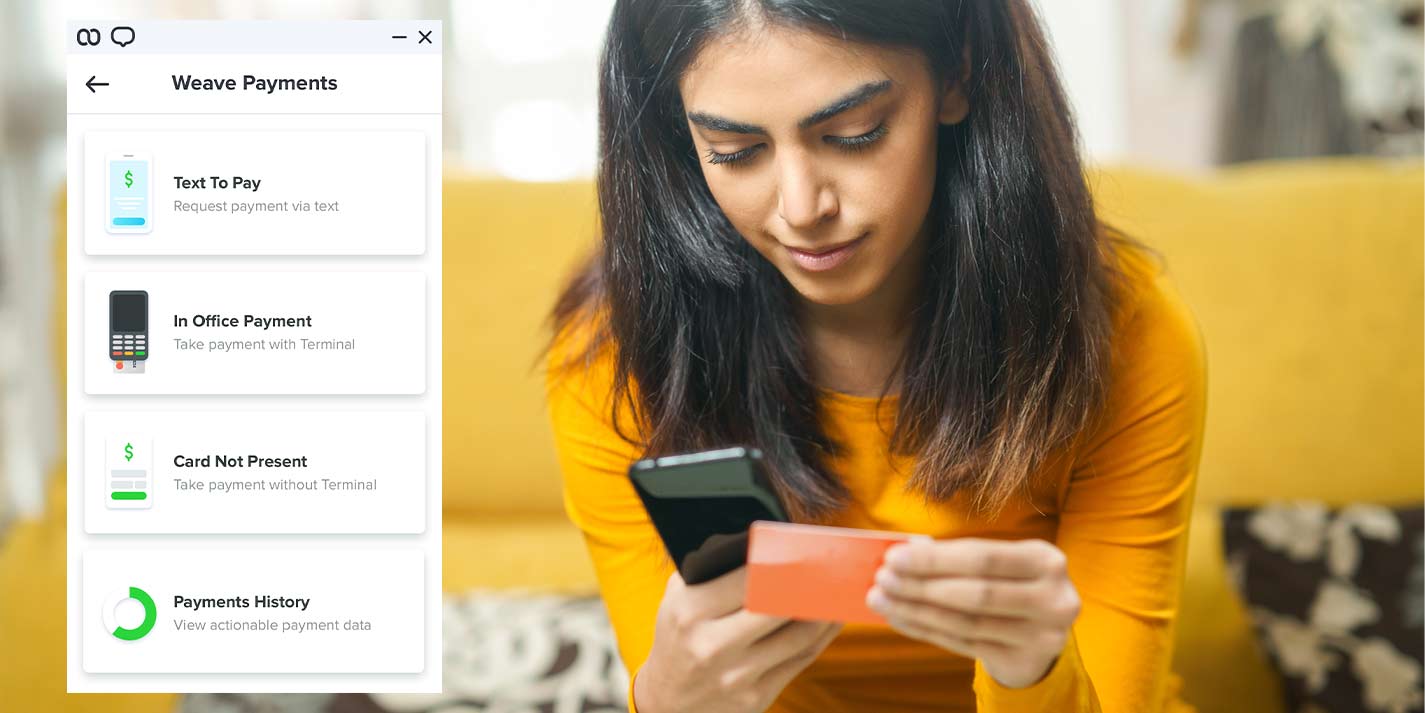The amount of computing power we now hold in the palms of our hands is staggering. Thanks to the advent and evolution of smartphones, most of us are walking around with powerful minicomputers that not only make voice and video calls, but also take photos and videos, shop online, access podcasts, stream music, and more.
This functionality is also popular among small businesses, where 60% of employees use a smartphone for work-related tasks. As smartphone usage continues to become even more ubiquitous, companies that don’t take advantage of app functionality are going to be left in the dust.
Here are 9 of the top reasons why smartphone app usage is increasing among small businesses.
1. Growing Number of Apps
In the past, employees needed to be at their desks to do work. At best, they’d have a laptop that they had to lug around everywhere with them. But now, there’s an app for virtually any business application. Employees and business owners can communicate with customers, send invoices, send and download files, scan receipts, and even access client databases all from a smartphone.
As app selection continues to grow, small businesses are jumping on board, adopting productivity and communication apps that help them improve their operations and customer service. No matter what the need, the old adage of “There’s an app for that!” continues to ring true.
2. Work on the Go
Smartphone apps can connect you to your office, allowing you to get work done remotely. Even if you don’t have remote employees, it’s helpful for your team to be able to complete a task from outside the office. They don’t need to bring a computer home or go back to the office if they forgot something they need. Everything they need to get work done is potentially accessible on their smartphone.
For business owners and managers that wear multiple hats, smartphone apps are a gamechanger. They can multi-task and still be accessible to clients, employees, and prospects no matter where they are.
3. Improve Customer Service
Customers want to be able to reach your business immediately if they have a problem or question. Thanks to smartphone apps, you and your team can be accessible, and you can even communicate via a variety of channels, not just the telephone.
For example, you can take a call on your smartphone or engage in dialogue via text, email, or social media. And, because you can access a customer’s history from your smartphone, you’ll be well-versed on their situation and able to address it directly.

Smartphone access also gives you the ability to act quickly if you have a customer service emergency. For example, if a customer has a poor experience and leaves a scathing Yelp review, you can be alerted immediately and address it promptly. This level of responsiveness can potentially turn an angry customer into a raving fan. "Amazing technology has simplified our patient communication immensely! We are fairly new and can't wait to learn even more Weave features... customer service and tech support is SPOT ON and can't be beat! " - The Eye Station
Weave Helps Streamline Business Communication
4. Cost-Effectiveness
Small businesses have to be smart with their money. Trying to elevate your business operations and customer service levels on a budget can be a challenge, but with smartphones, you can accomplish this goal for free or at a low cost. Compare this to traditional software that you install on your desktop systems, and small businesses could be saving thousands per year.
Many smartphone apps are free or cost under $10, but the functionality they provide is priceless.
5. Streamlined Operations
Both small and large businesses alike can be chaotic and disorganized. Though they may seem like a well-oiled machine on the surface, there’s a lot going on, and it’s common for teams to feel bombarded with tasks.
For example, let’s say that you have employees to incur expenses that need to be reimbursed. The costs could be due to travel, meeting with clients, or purchasing supplies for your office. Before expense tracking apps, the reimbursement process might go something like this:
The employee makes a purchase and has to remember to get a receipt. Then the employee has to keep that receipt until it’s time to fill out an expense report. The employee fills out a cumbersome Excel spreadsheet and then prints it, affixing a copy of the receipt. The completed expense report gets hand-delivered to accounting, which reviews and approves it (assuming there are no problems).

Now, imagine how this process can be done with a smartphone app. The employee could scan a receipt into the app, fill in some data fields explaining the expense, and press one button to submit it to accounting. The accounting department gets a notification that there’s an expense report to review, and the person responsible can approve the expenses or follow up directly from the app.
This is just one example of how a smartphone app can streamline your business operations. If you think about all of your business processes, you can probably identify several areas where an app can make your organization and employees more efficient.
6. Stay Organized
If you had a business before the age of smartphones, you probably remember having a laptop bag or briefcase that was a mess of papers. You had printed maps directing you to a client’s office, stacks of business cards, and talking points for a presentation written on index cards.
Today, all of this information can be housed on your smartphone. No printing required! You can use a map app to get step-by-step directions to anywhere, your LinkedIn profile can substitute for business cards, and you can store your notes in the notes app.
Have a long to-do list? Keep it organized in a project management software app or set reminders on your phone when tasks are due. These are just a few examples of how you can ditch mountains of papers and sticky notes in favor of keeping everything you need, all in one place.
7. Ease of Development
Remember back in the 1990s and early 2000s when building a website was a major undertaking that required a skilled programmer, months of development, and a massive budget? But then web development platforms emerged that allowed anyone to build a professional-looking website in minutes. Wix, Squarespace, and Strikingly are just a few examples.
The same evolution has happened with smartphone app development. It used to be that only large enterprises had an app, but now almost anyone can make one with the help of an app developer.
Small businesses are increasingly building their own apps to increase customer loyalty, improve their brand image, and boost employee productivity.

Don’t just build an app for the sake of having one, but consider if an app can potentially help your company. Would a customer portal with resources and a referral program cause your business to grow? Will it be enough of a draw to attract new customers to your business?
A productive exercise would be to sit down with your team and brainstorm potential app ideas. A proprietary app isn’t for everyone, but at the very least, discussing ways to grow your business with an app can lead to unique ideas that you might not have thought of in a different context.
8. Ability to Better Reach Customers
We are all bombarded with messages, and your customers are no exception. Because of this, it can be hard to reach your client base, even when you have an important emergency message. Phone calls are interruptive, and most emails don’t get opened (or they go the spam folder).
So, how do you ensure your customers see your messages? Using an app that sends push notifications could be your best shot. With email open rates at around 20%, push notifications are read about 60% of the time, and that doesn’t include those sent from companies that people are already doing business with.
The other advantage of a push notification is that the customer can immediately interact with it. This is especially valuable for appointment confirmations and reminders, where the client can confirm or reschedule directly from an app.
9. Mobile CRM
Being able to reach your CRM (Customer Relationship Management) software from anywhere is a powerful motivator to adopt smartphone apps. Imagine having your tasks, contacts, schedule, projects, and emails all at your fingertips and with instant access. When you’re away from your desk, you don’t have to write anything down or try to remember an important detail. You’ll be able to enter it directly in your smartphone.
A mobile CRM is helpful for a variety of industries and departments, not just sales teams. For example, if you run a dental practice and you’re going to be out of the office unexpectedly, your team can immediately notify patients and reschedule the appointments using their smartphones. This can be done after hours without your team having to physically be in the office.
Conclusion
Smartphone apps have changed the way that organizations of all sizes conduct business. They’ve allowed teams to be more responsive and flexible, serving the customer better while improving the bottom line. Curious to see what the Weave smartphone app is all about? Schedule a demo today!
